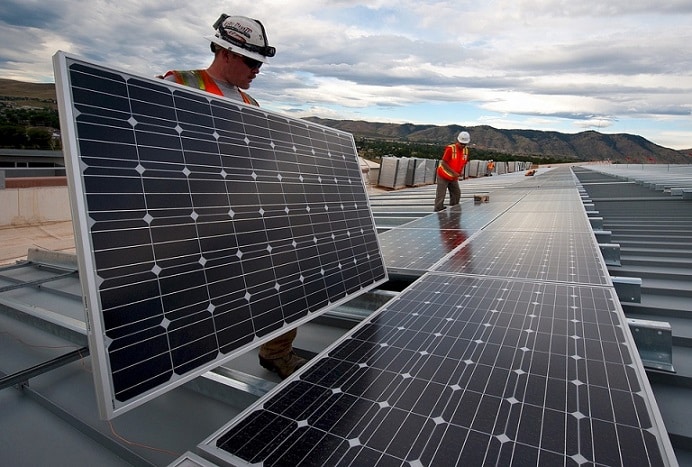Thousands of refugees in the crowded Nyarugusu camp in western Tanzania are dealing with frequent outbreaks of waterborne diseases due to poor sanitation. Those with weak immune systems and especially young children are at risk for contracting cholera from drinking contaminated water.
The Nyarugusu camp is home to around 100,000 refugees, mainly from Burundi and Democratic Republic of Congo, and the health risks are growing due to the exponential influx of people this year due to further spikes in the political instability that is affecting both countries.
Diarrhoeal diseases are the major cause of death in the camp; especially in children under the age of five, and those that are living there have to be very careful and sometimes very innovative about ensuring that the water that they drink is not polluted.
Sadick Thenest, whose -year-old daughter had a narrow brush with death from cholera two years ago, says, Living in a refugee camp is a constant struggle. You either stick to health rules or contract diseases. I always ensure that my children use clean and safe water; I have instructed them to wash their hands with soap after using a toilet.”
Thenest works as a technician with international engineering charity Water Mission, which currently produces thousands of litres of clean water from a recently installed solar-powered water treatment facility every day – this means that the women, who traditionally have the responsibility to fetch water in Africa, do not have to walk that far.
Water Mission is installing more such plants in three refugee camps in western Tanzania in as part of a broader effort to provide refugees with access to clean energy and sanitation. The new $5.3 million project, funded by the Denmark-based Poul Due Jensen Foundation will provide around 250,000 refugees in Nyarugusu, Nduta and Mtendeli camps with safe, clean water. The project is also providing jobs and business opportunities for the refugees.
Get bottled water cooler and mains water coolers from Living-Water.






